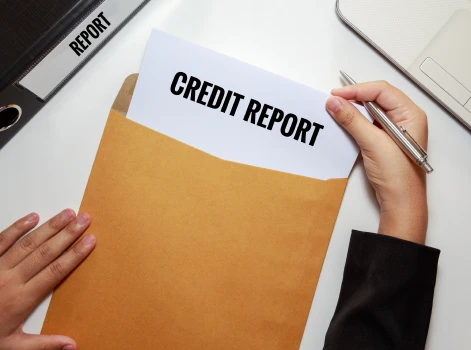Will a mortgage deferral due to COVID-19 affect my credit score?
The Australian Banking Association has confirmed that credit scores will not be affected if customers have deferred their loan repayments due to COVID-19.
However, customers have to be up to date with their repayments beforehand.
The CEO of Australian Banking Association (ABA), Anna Bligh said, “If a customer is granted a deferral on their mortgage and other credit products because of COVID-19, banks will report customers as not having missed a repayment, provided they were all up to date when granted relief.”
For customers who were already behind in repayments when they were granted a deferral, banks will not report the repayment history, but after the hardship period ends, banks will “determine how to report the repayment history information” according to the ABA.
However, if a customer has not opted for such an arrangement with their bank or lender, then the missed repayments during COVID-19 will still be reported to the credit reporting agencies and lower your credit score.
If you’ve deferred your mortgage repayments due to COVID-19, the banks will not report the repayment history information. The field will be left blank on your credit file during the duration of the deferral period.
Therefore, it’s best to contact your bank immediately if you’re suffering from financial hardship due to COVID-19 and cannot make repayments on your home loans.
What happens after the deferral period ends?
Customers coming to the end of their six month repayment holiday period in September have several options which includes extending the deferral, resuming repayments, switching to interest only and other options.
We weigh the pros and cons of each option on our page, ‘After The Mortgage Payment Deferral Ends’.
If you restart your mortgage repayments:
- The post repayment holiday will be higher if the loan term remains the same since the interest is capitalized.
- The loan term can be extended so that repayment levels are similar to what they were before going for a repayment holiday.
Once the deferral period ends, then the bank has discretion as to how to report the repayment history information.
What if I can't make repayments on my home loan?
Get in contact with your lender immediately and talk about your options. Before you contact your bank make sure you:
- Have a grasp of your financial position and how far ahead or behind you will be repaying your home loan.
- Understand the mortgage relief packages your bank is offering.
- Your bank will ask you information to better gauge your financial situation. These include details of your new income, government support you’ve applied for, expenses budget, etc.
A repayment holiday is the last option that banks will opt for, especially if you have funds that you have linked to your redraw account.
There are other mortgage relief options available besides deferring payments:
- Switching to interest only repayments.
- Accessing your redraw.
- Extending your loan term.
- Refinance to a lower interest rate.
- Consolidate your debt to manage your repayments.
- Accessing your superannuation will not affect your credit file.
These options will not lower your credit score if you can make timely repayments on them.
How will refinancing and debt consolidation help secure my credit score?
If you’re struggling to keep up with repayments on your mortgage, car loans, personal loans, credit card, etc. due to the coronavirus, then consolidating these debts by refinancing will help you organise your finances.
Your debts will be consolidated into your home loan, with one repayment each month. This might help you be disciplined with a repayment schedule and improve your credit in the long run.
If you choose to refinance to a lower interest rate, banks will still assess your application as a new loan, and verify information like your income, expenses, liabilities, etc.
Banks are tightening their lending policies due to COVID-19, so if you have missed payments or lost your job, then you might not be eligible for a refinance.
If you’re declined for a refinance, the enquiry will appear on your credit file.
Therefore, it is always better to do an initial assessment with our broker.
Our mortgage brokers are credit experts. Call us at 1300 889 743 or fill in our free assessment form.
GET ENROLLED FOR THE
Home Buyers Program
Thinking of buying a home?
Learn how to buy a house and avoid costly mistakes in under 2 hours.
LEARN MORE Should I increase my credit limit?
Do not be tempted to increase your credit limit, as this will hurt your credit score in the long run.
While increasing the credit limit can help you, it will have a big impact on your spending habit.
You risk spending more, and you cannot afford to pay back. Furthermore, a high-interest rate on your credit card might make life difficult for you after the crisis is over.
How to protect my credit score during COVID-19?
Here are some steps you can take to ensure your credit score is not affected:
- Make the minimum monthly repayments on all of your credit and pay any other bills when they’re due so it does not lower your credit score. Late payments will lower your credit score.
- Contact your lender immediately and know what financial hardship options are available to you during this period.
- Check your credit to ensure the information is accurate. You can get a free credit report every 12 months.
- If the wrong information is listed on your credit file, have it removed immediately.
Need assistance?
Our mortgage brokers are safely working from home, and are here to help you with any credit queries you have.
Call us at 1300 889 743 or fill in our free assessment form.










